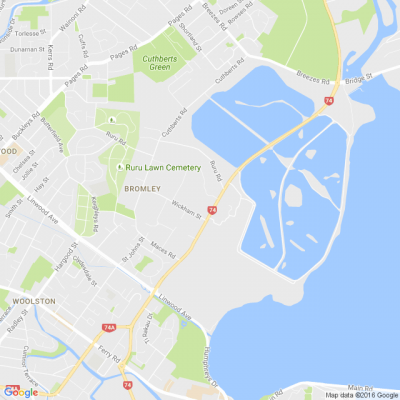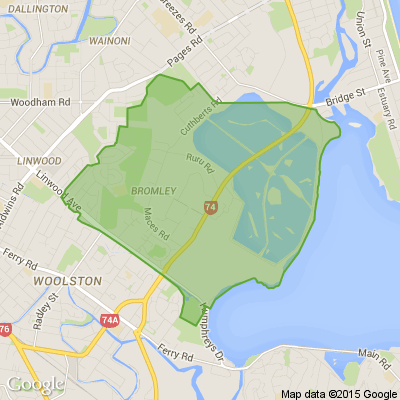As a Christchurch street is blighted by starlings, how do you get rid of the winged pests?
From reporter Lee Kenny:
---------------------------
For the Christchurch residents living in a street blighted by bird poo starlings are a menace – but how do you deal with the flying pests?
According to New Zealand Birds Online, the common starling was introduced for insect control, but they are now found across Aotearoa and the Subantarctic Islands.
They nest in hollow trees, under house eaves and even in letter boxes. As well as creating a mess, they eat crops and make a noise, which some people find annoying.
There are a range of methods to discourage starlings, from the cheap to the costly.
Westport-based Maintrac Group sells a range of equipment for dealing with pests, like starlings.
These include the high-tech Bird-X, a $795 device that uses red and green laser beams to deter birds.
Deploying bird spikes is among the least expensive options. The stainless steel spikes can be adhered to surfaces, preventing birds from landing and therefore pooping on property below.
“A successful way to deter starlings is to prevent them from landing,” Maintrac Group's website says.
“Starlings need a lot of energy just to fly, so if they are prevented from landing near a food source they soon use up what energy they do have, and have to move off to other areas to feed. If one goes, they all go.”
Shiny holographic tape can also be applied to surfaces to discourage the birds from settling, while an artificial osprey hawk does a similar job.
Another option is a Carousel Gas Gun, which makes a loud bang and scares unwanted birds away.
The noise will be familiar to anyone who has spent time in the countryside, but the intermittent blasts might not be suitable for suburbia.
A less noisy option might be an ultrasonic bird and animal repellent, which emits a high-frequency sound to scare away flying pests.
Despite the thousands of starlings that descend on Dudley St, Richmond, each summer, one pest expert said they are not a common problem in Christchurch.
“The bird-work we do is usually involving pigeons,” Gary Hendrikse, director of Elite Pest Control, said.
“I don't think I've ever had a call to get rid of starlings.
“The only other nuisance birds are ones that nest in people's ceilings, that's often to do with preventing access.”
Other methods for discouraging starlings include removing nests and food sources, and patching up holes to areas that could be used as a nesting site.
Poll: Is the increase in disability parking fines fair?
In October, the fine for parking in a designated mobility car park without a permit has jumped from $150 to $750—a 400% increase!
The goal is to keep these spaces open for those who truly need them. Do you think this big increase in the fine is fair? Share your thoughts below.

-
89.1% Yes, it's fair
-
10.3% No, it's unreasonable
-
0.7% Other - I'll share below
Cyclists forced to use ‘more dangerous’ crossing if cycleway closed
Closing a Christchurch cycleway to avoid an unsafe rail crossing will lead cyclists across an even “more dangerous” crossing, cycling advocates say.
Transport Minister Simeon Brown has weighed in on the issue, calling the move to shut a 1.5km section of the Heathcote Expressway for up to two years, “illogical”. He has asked KiwiRail to explain.
KiwiRail is demanding Christchurch City Council close part of the expressway until $6.5 million worth of safety improvements can be made to the Scruttons Rd rail crossing.
It said the “unsafe” crossing posed the risk of death or serious injury once every thousand years.
What do you do think? Read the full story by reporters Sinead Gill and Tina Law here and tell us what you think in the comments. (A subscription is required, but you can see two free articles a month).









 Loading…
Loading…




















